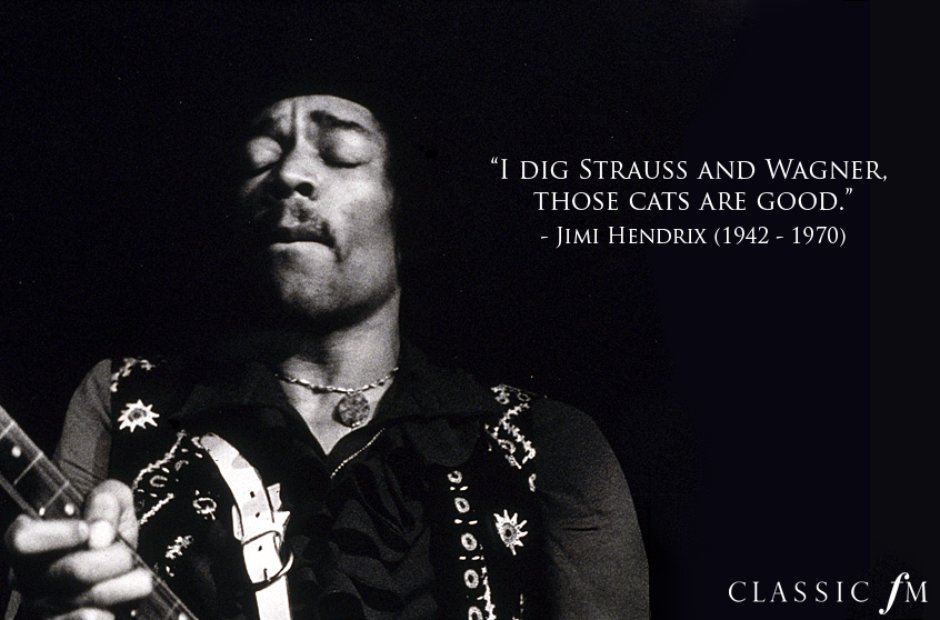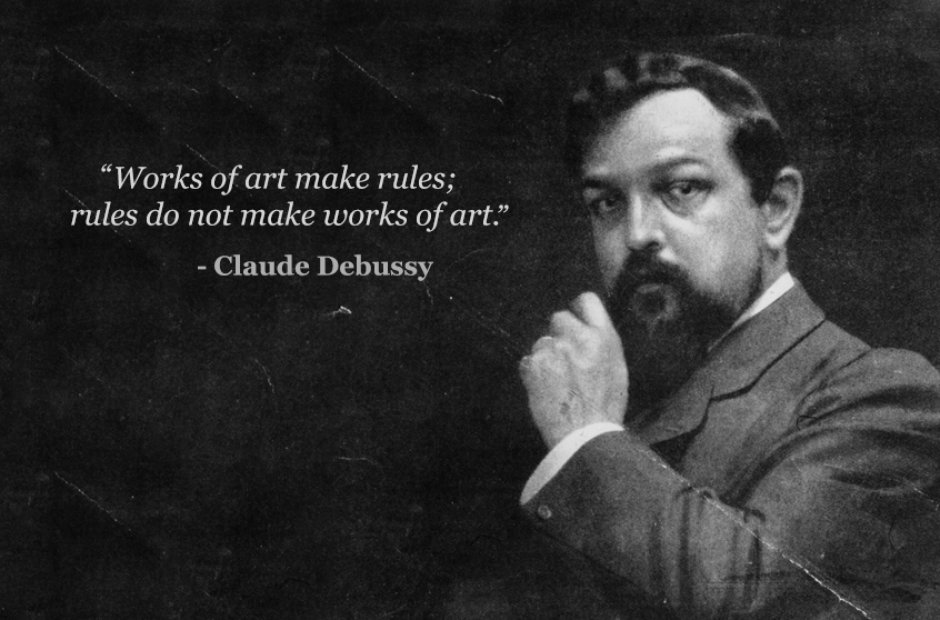My weaknesses is the transalation, For me, it is very hard to study I think that my problem is that for me, sometimes is hard to find the concrete expression that you want and I think for me is hard because I don´t use to translate the vocabuary or for example there are some words that I know how to use because of the context but I don´t know the exact meaning in Spanish.
The thing that I liked the most was the music video Project I had a great time filming it, and I obviuslly loved the result of all of our work. I also like the days that Clarisa come to our class. It is very interesting to know someone from that far and to learn a Little bit more about other cultures.
I think my strength is speaking, I love comunicating with other people and this is another way tan brings me the opportunity to comunicate with more people. I think I have lost the shame in case I make a mistake. Making mistakes is also a way to learn!



